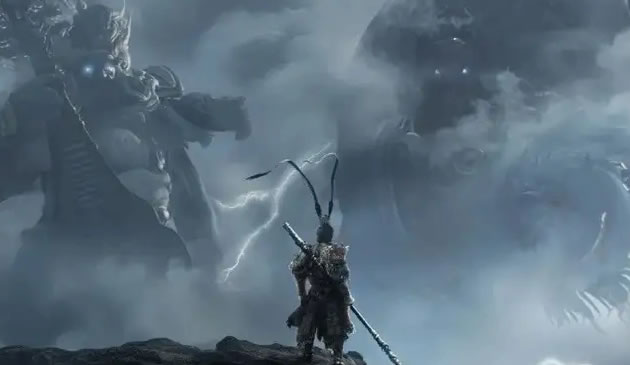The Chinese zodiac is an important part of traditional Chinese culture. Each year corresponds to one zodiac sign. The order of the Chinese zodiac is rat, ox, tiger, rabbit, dragon,…
Black Myth: Wukong and the stories behind

On Tuesday, August 20, 2024, a highly anticipated video game based on a timeless Chinese literary classic was unleashed onto the global stage, electrifying gamers around the world. The game,…
Discover the Magic of Beijing: Exploring China’s Capital on a Private Tour
Welcome to Beijing, the heart and soul of China! As the capital city, Beijing is a treasure trove of history, culture, and modernity. From ancient wonders like the Great Wall…
Beijing Opera, Jinghuang, Daxi, Pingju, Jingxi
Beijing Opera is extolled as 'Oriental Opera'. Having a history of 160 years, it has created many 'firsts' in Chinese dramas: the abundance of repertoires, the number of artists, opera…
Chinese Opera Season: Old Traditions, New Twists
Traditional Chinese opera lovers can look forward to a feast of performances, some with a modern twist, during the 12th China classical opera festival held at the Shanghai Oriental arts…
How to Decorate Your House for Chinese New Year
To celebrate the Chinese New Year, Chinese people always decorate the week before the New Year. These include traditional decorations such as spring couplets and fu calligraphy paintings, which will…
Chinese Lanterns, to Celebrate Their Peaceful Life
Paper lanterns originated in the eastern han dynasty (25-220) and were mainly used as lamps in ancient China. They use a variety of materials, such as bamboo, wood, wheat straw…
Chinese Lacquer Ware, an Exquisite Chinese Craft
Lacquer ware is a kind of exquisite Chinese handicraft, it sends out a kind of peaceful burnish. As the earliest users, the Chinese began to appreciate its beauty from the…
Chinese Cloisonne, a Unique Art Form in China
Cloisonne is a unique art form that originated in Beijing during the yuan dynasty (1271-1368). During the "jingtai" period of the Ming dynasty (1368-1644), the emperor was very interested in…
Chinese Music, Traditional Musical Instruments
Ancient Chinese have left a wealth of music instruments and classic tunes. Erhu, Guzheng, Guqin, Xun, Pipa, and other traditional Chinese music instruments may alter your acquired definition of "music".…